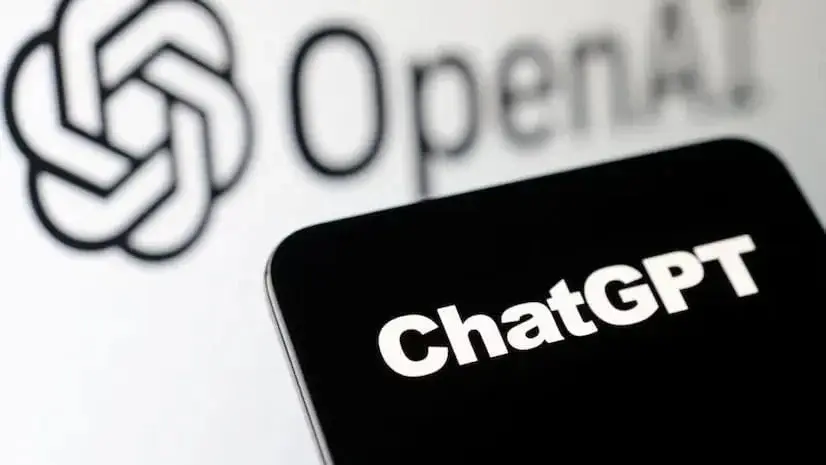The Impact of OpenAI’s GPT-4 Turbo on China’s AI Industry
The launch of OpenAI’s GPT-4 Turbo has caused a stir in the AI community, particularly in China where AI researchers are making significant advancements in the field. This development marks a significant shift, propelling AI into an era where the understanding and generation of human language are becoming increasingly sophisticated.
Cost-Effective AI Solutions
GPT-4 Turbo, developed by OpenAI, has enhanced the capabilities of AI by enabling the recall of vast amounts of textual information. Additionally, it offers developers a more cost-effective approach to creating applications. This groundbreaking advancement has captured the attention of Chinese tech giants like Baidu and Alibaba, who are now strategizing to match or even surpass the features of this advanced AI model.
The key question now is how companies can keep up with such rapid advancements. One approach is to enhance their own foundational models or develop tailor-made AI solutions to meet specific industry needs. This competition is not just about technology; it is a race for innovation and application across various industries.
The Demand for AI Talent in China
China’s urgent need for AI talent highlights the importance of innovation in the face of international developments like GPT-4 Turbo. While the Chinese government acknowledges the potential economic benefits that AI can bring, it remains cautious about the governance of this technology.
However, local AI initiatives in China face challenges due to strict internet regulations that restrict access to foreign AI tools like ChatGPT. This creates a unique opportunity for domestic AI solutions to thrive and cater to the specific needs of the Chinese market.


Leave a Reply